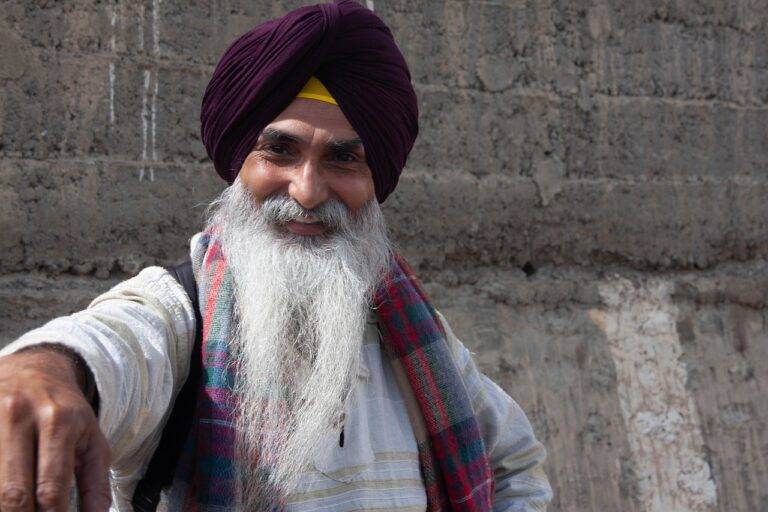The Role of Gender Stereotypes in Political Campaigns
Gender stereotypes play a significant role in shaping public perception of political candidates. Women are often unfairly judged based on traditional gender roles, with qualities such as warmth and compassion valued over strength and assertiveness. On the other hand, men may face criticism for behaviors that deviate from expectations of toughness and leadership.
These stereotypes can have a profound impact on how candidates are perceived by the electorate. Women may be seen as less capable or qualified for leadership positions, while men who exhibit empathy and vulnerability may be viewed as weak or unfit for office. As a result, candidates may feel pressured to conform to gender norms in order to gain acceptance from voters.
Historical Context of Gender Stereotyping in Politics
In the historical context of politics, gender stereotyping has been deeply ingrained. Traditionally, women were expected to play supportive roles rather than take on leadership positions. This societal norm extended to the political sphere, where women were often dismissed or belittled based on their gender.
As political systems evolved, so did gender stereotypes in politics. Even as more women began to enter the political arena, they faced scrutiny and bias based on their gender. Stereotypes portraying women as emotional or weak were used to undermine their credibility as candidates, perpetuating the notion that women were not fit for leadership roles. These historical biases continue to impact the way female candidates are perceived and evaluated in modern political campaigns.
Impact of Gender Stereotypes on Candidate Perception
In political campaigns, gender stereotypes often influence how candidates are perceived by the public. Female candidates may be judged as less competent or strong compared to their male counterparts, solely based on societal biases. These stereotypes can create an uphill battle for women seeking political office, as they must work harder to prove their capabilities and qualifications.
Moreover, gender stereotypes can also impact the way candidates communicate and present themselves during campaigns. Female candidates may feel pressured to conform to traditional gender roles in order to be perceived as likable, while male candidates may face backlash for showing vulnerability or emotion. These stereotypes can restrict the authenticity of candidates and limit their ability to connect with voters on a genuine level, ultimately shaping public opinion in subtle yet significant ways.
What are gender stereotypes in political campaigns?
Gender stereotypes in political campaigns are preconceived notions or beliefs about how men and women should behave or act in relation to politics. These stereotypes can influence how voters perceive and evaluate candidates based on their gender.
How has gender stereotyping in politics evolved over time?
The historical context of gender stereotyping in politics has been influenced by societal norms and expectations surrounding gender roles. Women in politics have often faced stereotypes related to their ability to lead, their appearance, and their competency compared to male candidates.
What is the impact of gender stereotypes on candidate perception?
Gender stereotypes can affect how voters perceive and evaluate political candidates based on their gender. These stereotypes can influence perceptions of a candidate’s leadership abilities, experience, and effectiveness in office, ultimately shaping voter decisions at the polls.





